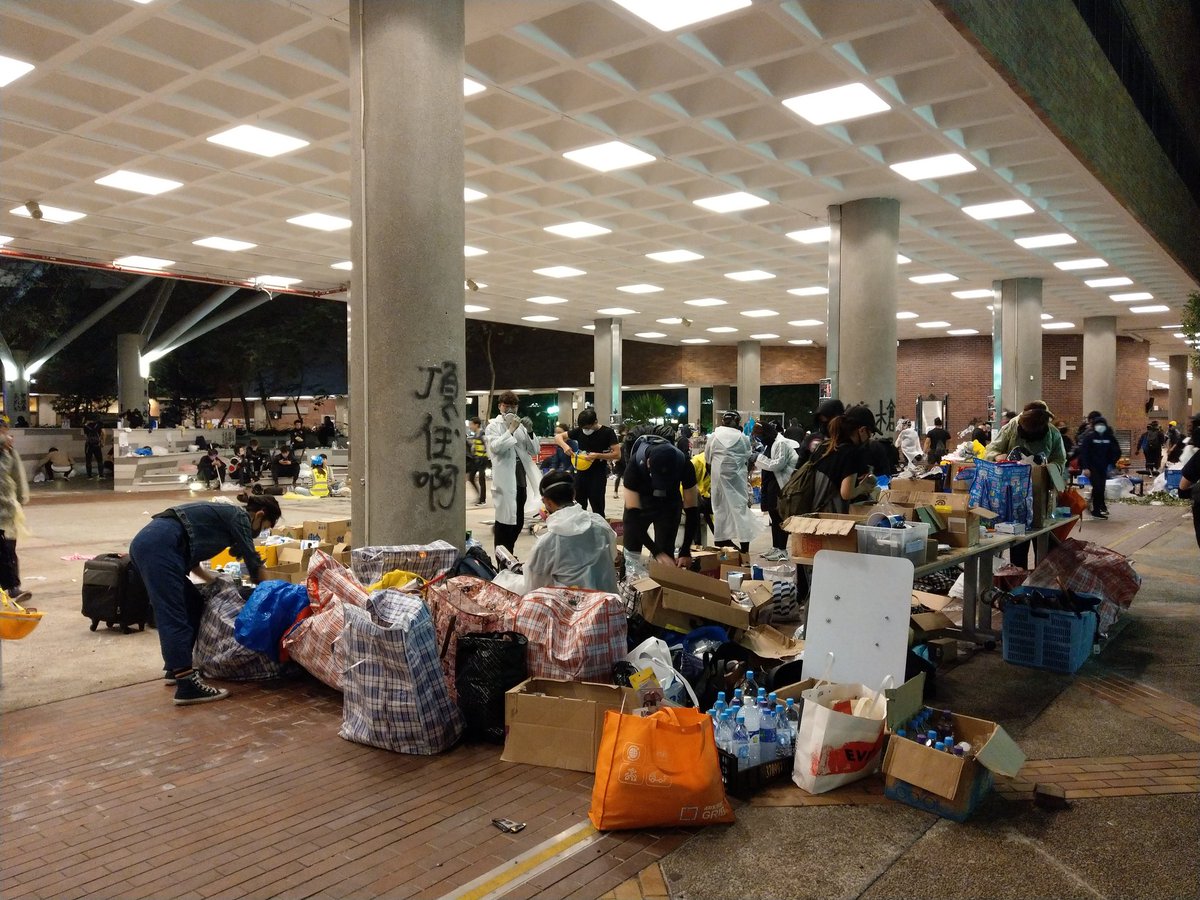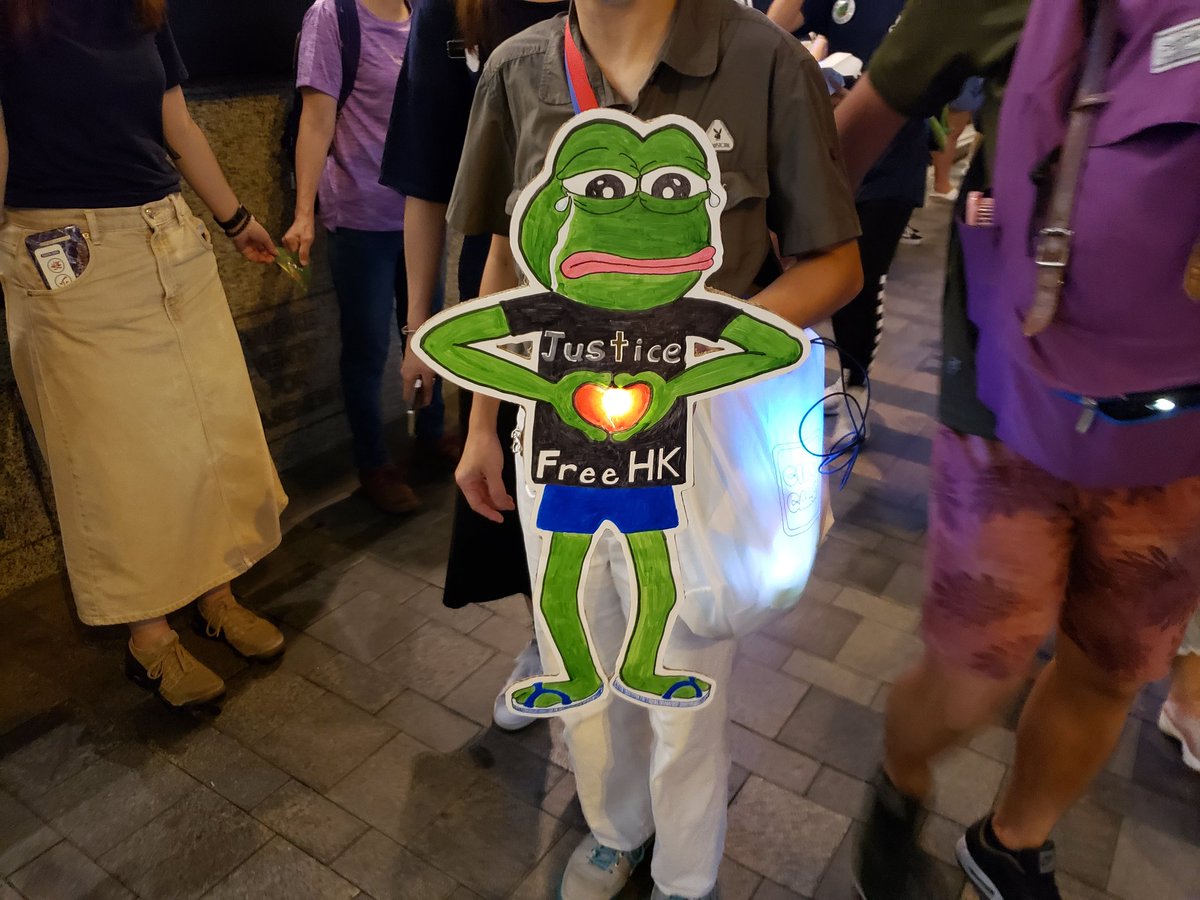The kiloton to megaton advance happened quickly.
1945 Hiroshima = 15 kilotons.
1954 "Castle Brave" test = 15 megatons
1000x in 9 years
en.wikipedia.org/wiki/Nuclear_w…
Hot take I know 🔥
en.wikipedia.org/wiki/Demon_cor…
The most likely mechanism of extinction is nuclear winter. The worst scenarios look like ~20 C cooling in middle latitudes, with much less cooking in the southern hemisphere. These effects dissipate after 5 or 10 years.
benlandautaylor.com/2018/09/13/wha…











